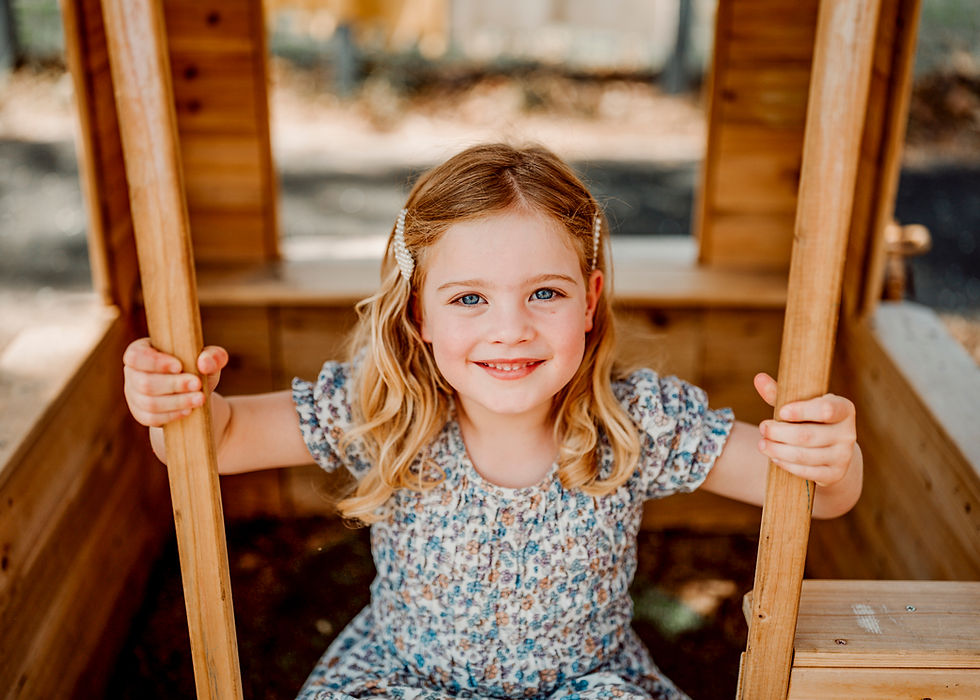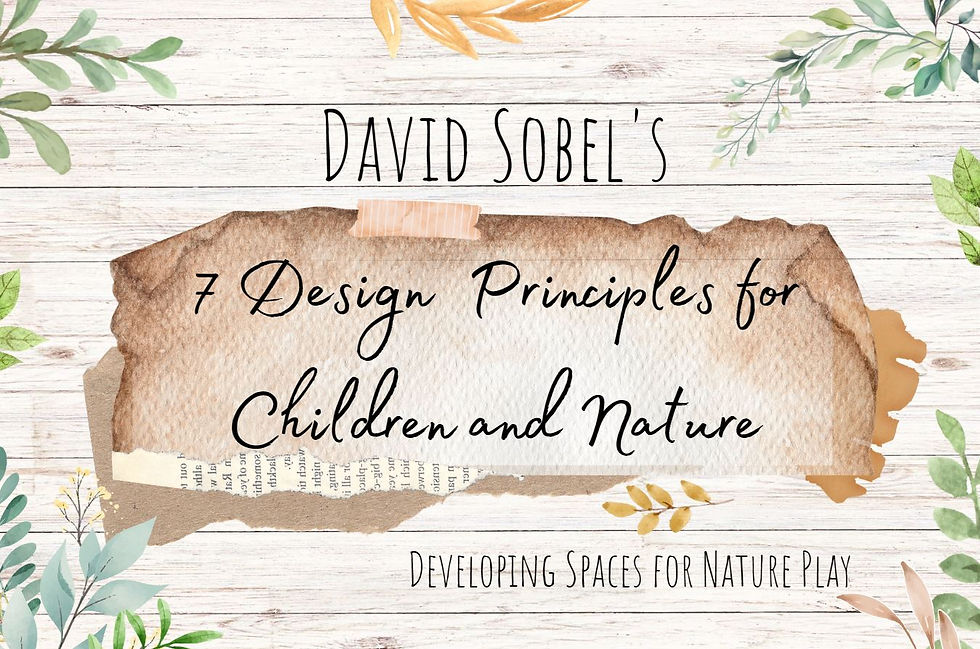In the realm of early childhood education, one often focuses on the nurturing of young minds, fostering creativity, and instilling a thirst for knowledge. However, there is an equally important aspect that is sometimes overlooked: empowering children to take an active role in their own education. Child committees, small groups of students who play a decision-making role in their learning environment, are pivotal in achieving this goal. In this blog post, we will explore the vital role of child committees in early childhood education and how they help in empowering future leaders from a young age.

1. Fostering a Sense of Ownership
Child committees provide young students with a sense of ownership and responsibility over their educational environment. By involving them in decision-making processes, such as choosing classroom themes, activities, or even the layout of their learning spaces, children learn that their opinions and choices matter. This sense of ownership is fundamental in developing leadership skills as it encourages children to take initiative and make decisions.
2. Developing Critical Thinking
Through participation in child committees, children learn to think critically and analytically. They discuss ideas, weigh pros and cons, and make decisions collectively. These experiences help them develop essential problem-solving and decision-making skills, which are valuable qualities for leaders of the future.
3. Enhancing Communication and Collaboration
Child committees promote communication and collaboration among peers. Children learn to express their thoughts, listen to others, and work together to achieve common goals. These interpersonal skills are fundamental in leadership, as effective leaders must be able to communicate, empathize, and collaborate with their team members.
4. Encouraging Empathy and Inclusivity
Child committees also teach children about empathy and inclusivity. They consider the needs and preferences of their fellow students when making decisions, fostering an environment of respect and understanding. Empathetic and inclusive leaders are more likely to create supportive and diverse communities in the future.
5. Building Confidence and Self-Esteem
As children actively participate in decision-making processes and see the results of their choices, they gain confidence and a positive self-esteem boost. Confidence is a key attribute for any leader, and by developing it at an early age, child committees set the stage for future leadership roles.
6. Nurturing Leadership Qualities
Child committees expose children to leadership roles and responsibilities, helping them identify their own leadership qualities and potential. Some children may naturally emerge as leaders within the group, while others develop leadership skills over time. Child committees provide a safe and supportive environment for nurturing these qualities.

Empowering future leaders begins in early childhood education, and child committees play a vital role in this process. By involving children in decision-making, fostering a sense of ownership, and developing essential skills such as critical thinking, communication, and empathy, child committees set the foundation for leadership. These young leaders are the change-makers of tomorrow, and by empowering them from a young age, we can look forward to a brighter and more inclusive future.
References:
Bronfenbrenner, U. (1979). The Ecology of Human Development: Experiments by Nature and Design. Harvard University Press.
Gibbs, J., & O'Connor, M. (2003). Learning to be Leaders in the Early Years. Early Childhood Folio, 7(2), 14-19.
Tandon, R. (2014). The Role of Child-Centered Learning in Fostering Leadership Skills in Early Childhood Education. Early Child Development and Care, 184(6), 909-923.
Dockett, S., & Perry, B. (2014). Transitions to School: Perceptions, Expectations, and Experiences. Springer.
Wright, J. (2008). Children's Participation in Early Childhood Settings. In J. Roopnarine & J. Johnson (Eds.), Approaches to Early Childhood Education (pp. 135-148). Pearson.
Loughman, J., Bridgstock, R., Whitelock, D., Jorgensen, D., & Watter, P. (2013). Fostering Leadership through Authentic Engagement in Curriculum Decision Making. Australian Journal of Teacher Education, 38(1), 19-34.
Wanless, S. B., & Domitrovich, C. E. (2015). The Leadership Imperative: Promoting Positive Development in Early Education Settings. Early Childhood Education Journal, 43(3), 161-168.











